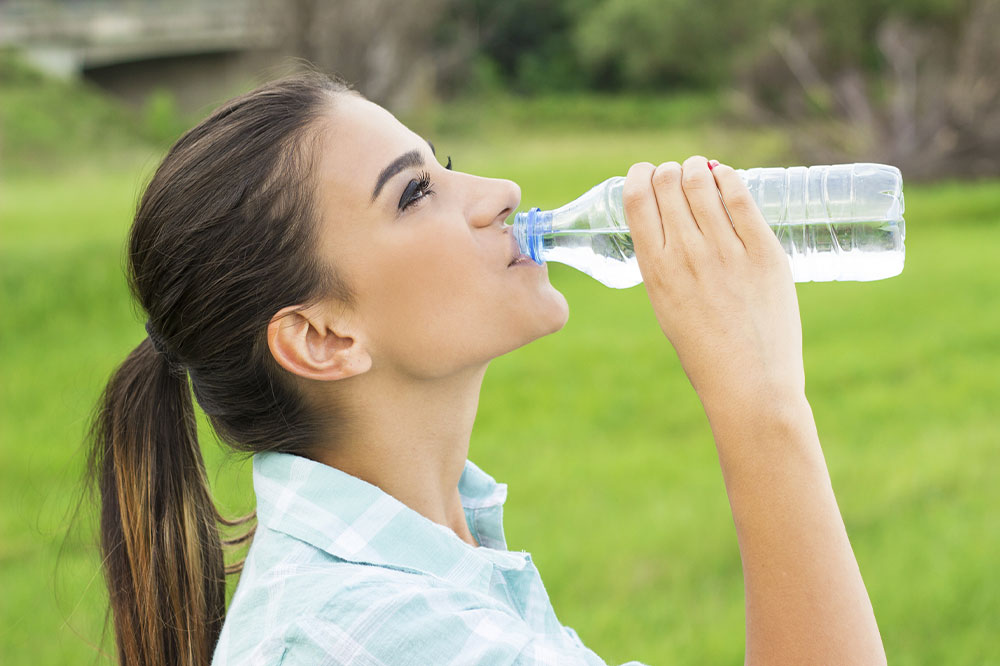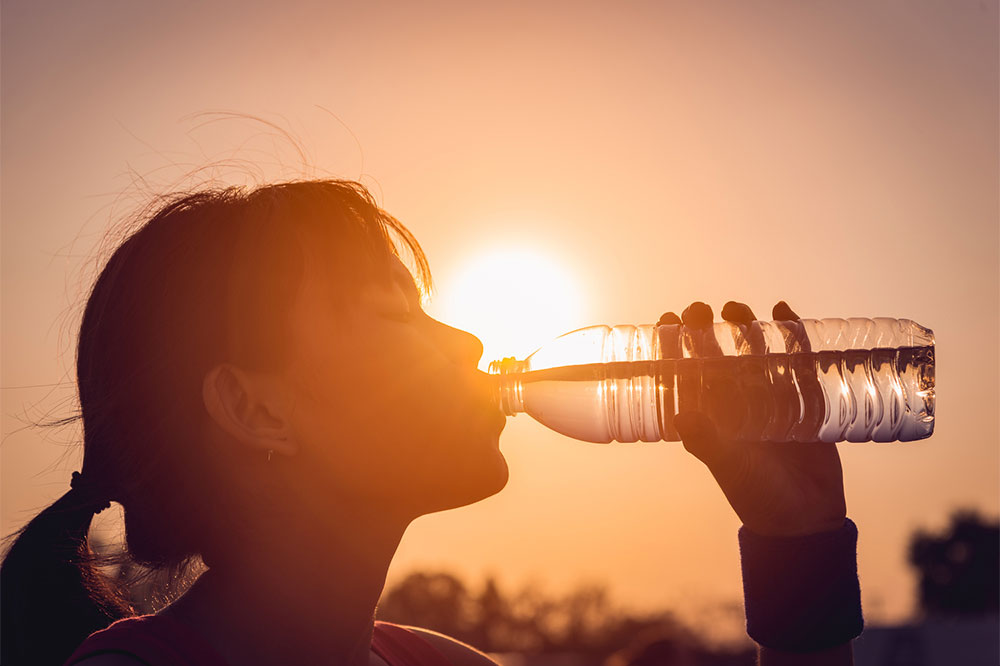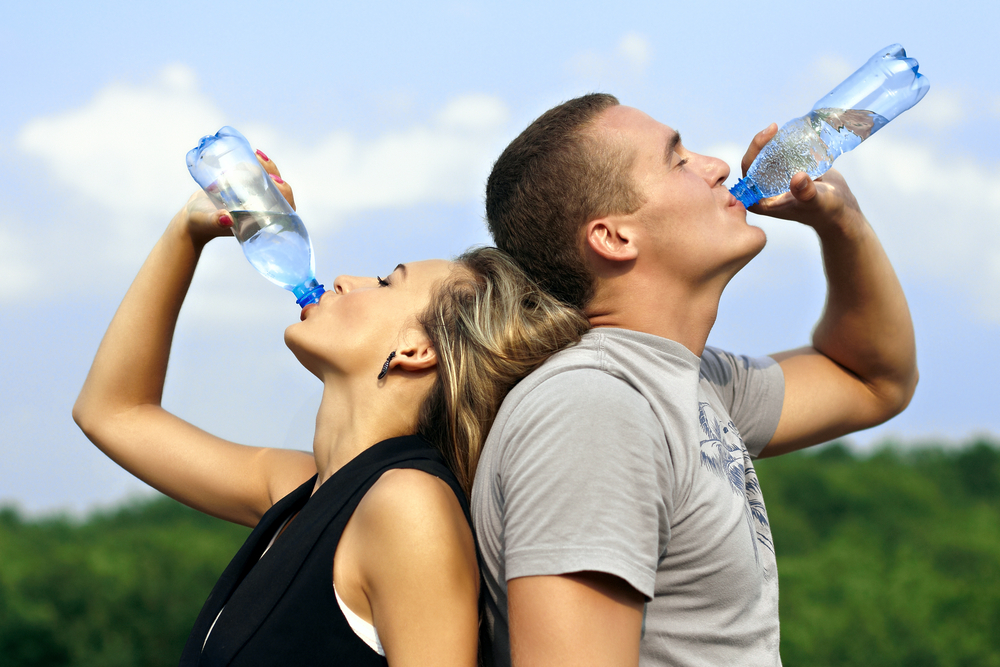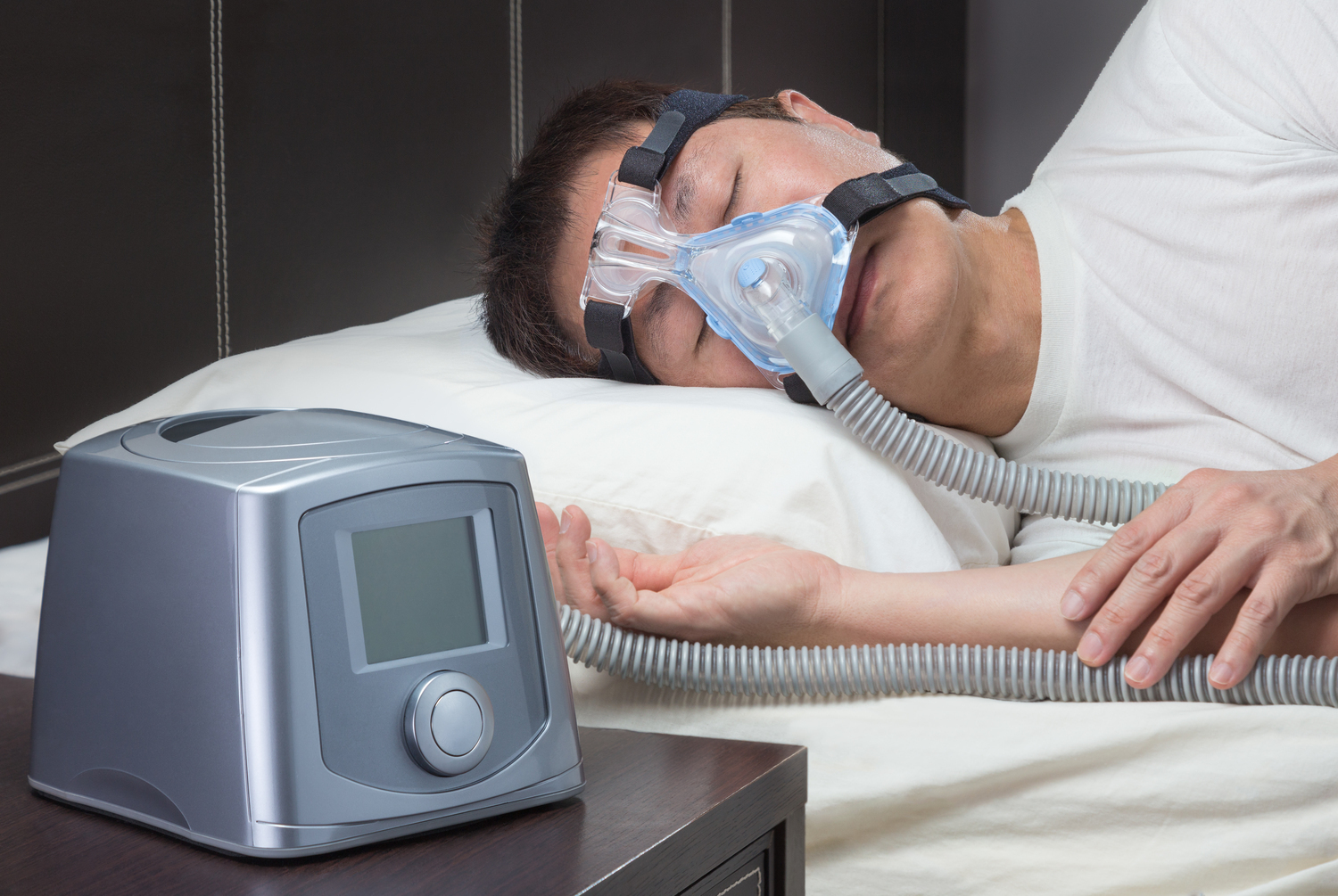Maximize Your Health: The Best Times to Hydrate Throughout the Day
Discover the best times to hydrate for optimal health benefits. Learn how morning water intake, pre-meal hydration, exercise routines, pre-sleep hydration, and managing dehydration during illness can boost your energy, support digestion, and enhance overall wellness. Implement these expert tips to maximize the advantages of proper hydration and promote a healthier lifestyle.

Staying well-hydrated is one of the simplest yet most effective ways to support your overall health and enhance your body's functionality. Water is essential for maintaining bodily processes such as temperature regulation, nutrient transportation, joint lubrication, and waste elimination. While many healthcare professionals advise drinking at least eight glasses of water daily, the timing of your hydration can play a crucial role in maximizing the benefits of water intake. Properly timed hydration can help improve energy levels, promote better digestion, support immune health, and prevent dehydration-related issues. This comprehensive guide explores the most advantageous moments during the day to consume water for optimal health outcomes.
Morning Hydration: Reboot Your Body
The first and perhaps most important hydration opportunity occurs immediately upon waking. After hours of sleep, your body is typically dehydrated due to natural water loss through respiration and perspiration. Drinking a glass of water first thing in the morning rehydrates your tissues, jumpstarts your metabolic processes, and prepares your body for the day ahead. This practice can also promote healthier skin, support internal organ function, and improve alertness.
To make this habit seamless, keep a clean glass or water bottle next to your bed. Drinking warm or room temperature water can be especially soothing and easier to consume. Some people like to add a slice of lemon for flavor and an additional boost of vitamin C. Establishing this morning routine can lead to better hydration habits overall and support your health in the long run.
Pre-Meal Hydration: Control Hunger and Boost Digestion
Timing your water intake around meal times can significantly influence your digestion and weight management. Drinking 30 to 45 minutes before meals can help control appetite by creating a feeling of fullness, which may prevent overeating. Moreover, pre-meal hydration aids in preparing your digestive system, facilitating smoother breakdown of food and nutrient absorption.
It's advisable to avoid drinking large amounts of water immediately before or during meals, as excessive intake can dilute stomach acids, potentially impairing digestion. Instead, small sips are sufficient. Incorporating this habit supports a balanced diet, promotes satiety, and enhances overall gastrointestinal health.
Hydration for Exercise: Fuel Your Active Lifestyle
Physical activity increases your body's fluid needs. Hydrating before, during, and after exercise is vital to maintaining performance and preventing dehydration, which can lead to fatigue, dizziness, and impaired mental function. Drinking water before physical activity prepares your muscles and keeps your energy levels stable.
During exercise, sipping water at regular intervals helps regulate body temperature and replaces fluids lost through sweat. Post-workout hydration is equally important for recovery, replenishing lost electrolytes and supporting muscle repair. For intense or prolonged exercise sessions, consider beverages containing electrolytes to restore mineral balance more effectively. Making hydration a routine part of your fitness regimen can significantly enhance endurance, reduce injury risk, and promote quicker recovery.
Pre-Bed Hydration: Support Restful Sleep
Consuming a small amount of water about an hour before bed can help maintain hydration levels overnight. This is especially helpful if you tend to wake up feeling dry or dehydrated, which can affect your mood, concentration, and physical health the following day. However, it's important to avoid drinking excessive amounts to prevent disruptions to your sleep cycle caused by frequent trips to the bathroom.
Opt for small sips or a limited glass of water, and consider adjusting your intake based on your activity level and climate conditions. Proper hydration before sleep can contribute to more restful rest, regulate body temperature, and support overnight detoxification processes.
Addressing Fatigue and Illness with Hydration
When you feel tired or unwell, hydration can often be overlooked yet is crucial. Dehydration can cause fatigue, headaches, and cognitive impairment, so drinking water boosts your energy levels and mental clarity. During illness, especially when symptoms like fever, diarrhea, or vomiting are present, staying hydrated is vital to prevent dehydration and support your immune system.
In such cases, consider consuming electrolyte-enhanced drinks or broths to replenish lost minerals. Adequate hydration aids in flushing out toxins, facilitates recovery, and reduces the severity and duration of illnesses. Listening to your body's hydration signals and increasing water intake during these times can significantly improve your resilience and overall comfort.
In conclusion, integrating proper hydration into your daily routine by focusing on key moments—upon waking, before meals, during and after exercise, before sleep, and when unwell—can dramatically improve your health and well-being. Consistent hydration not only preserves vital bodily functions but also boosts your energy, digestion, and immune strength, leading to a healthier and more vibrant life.





